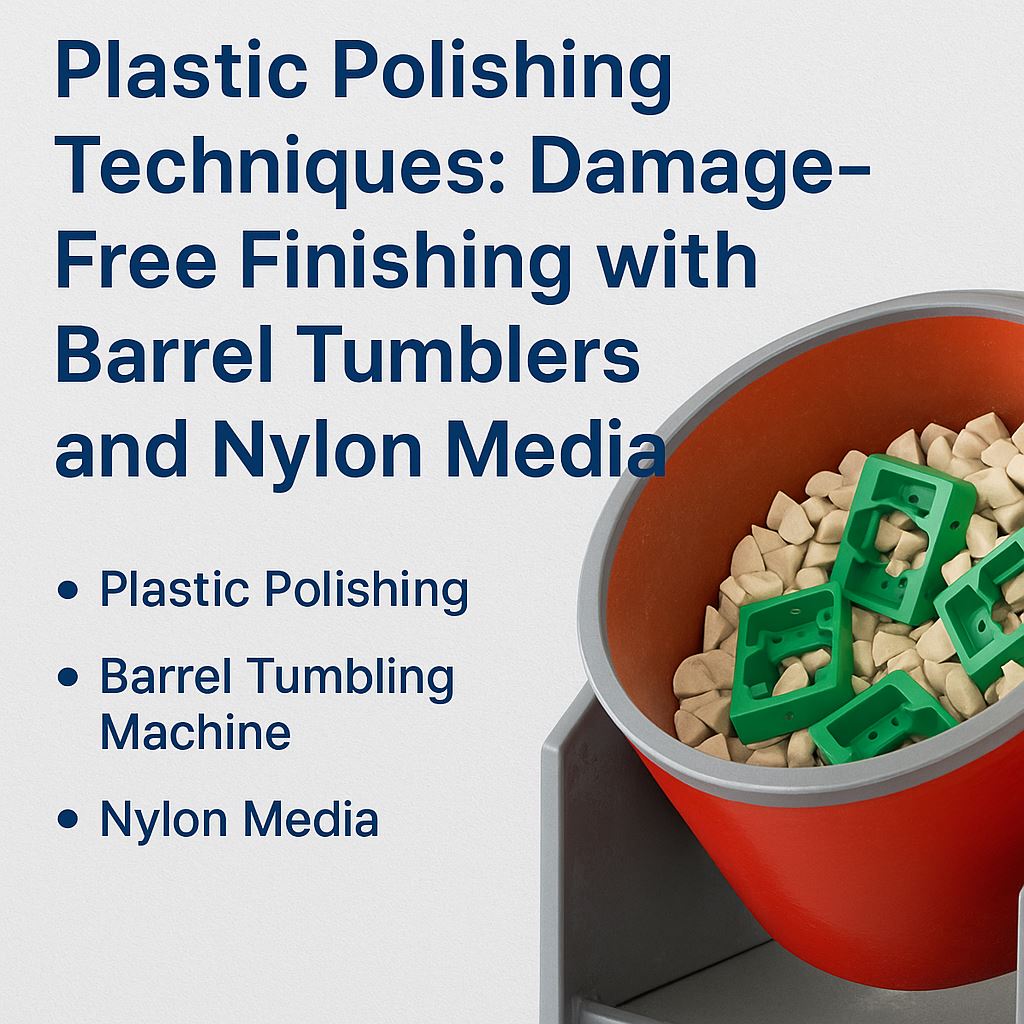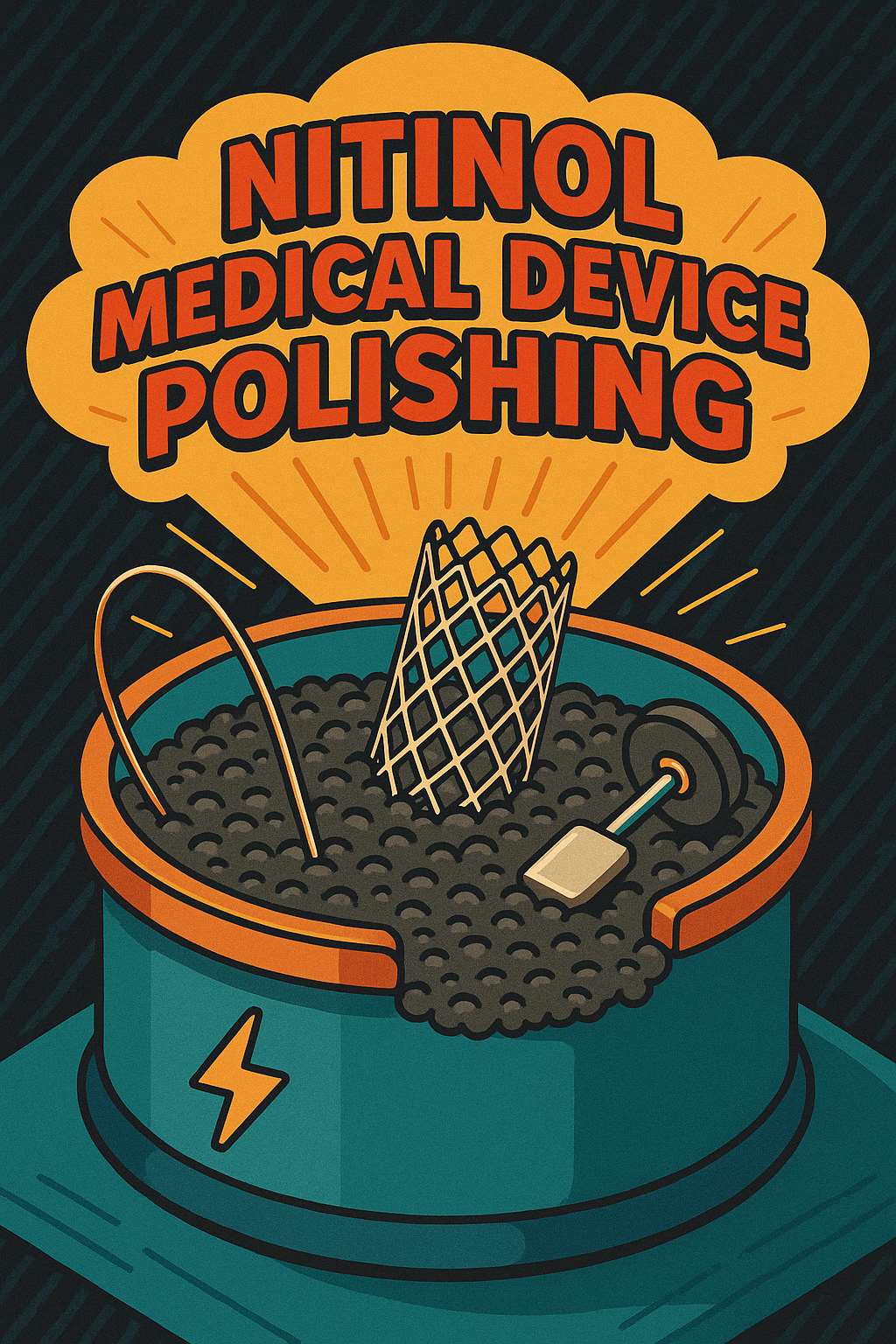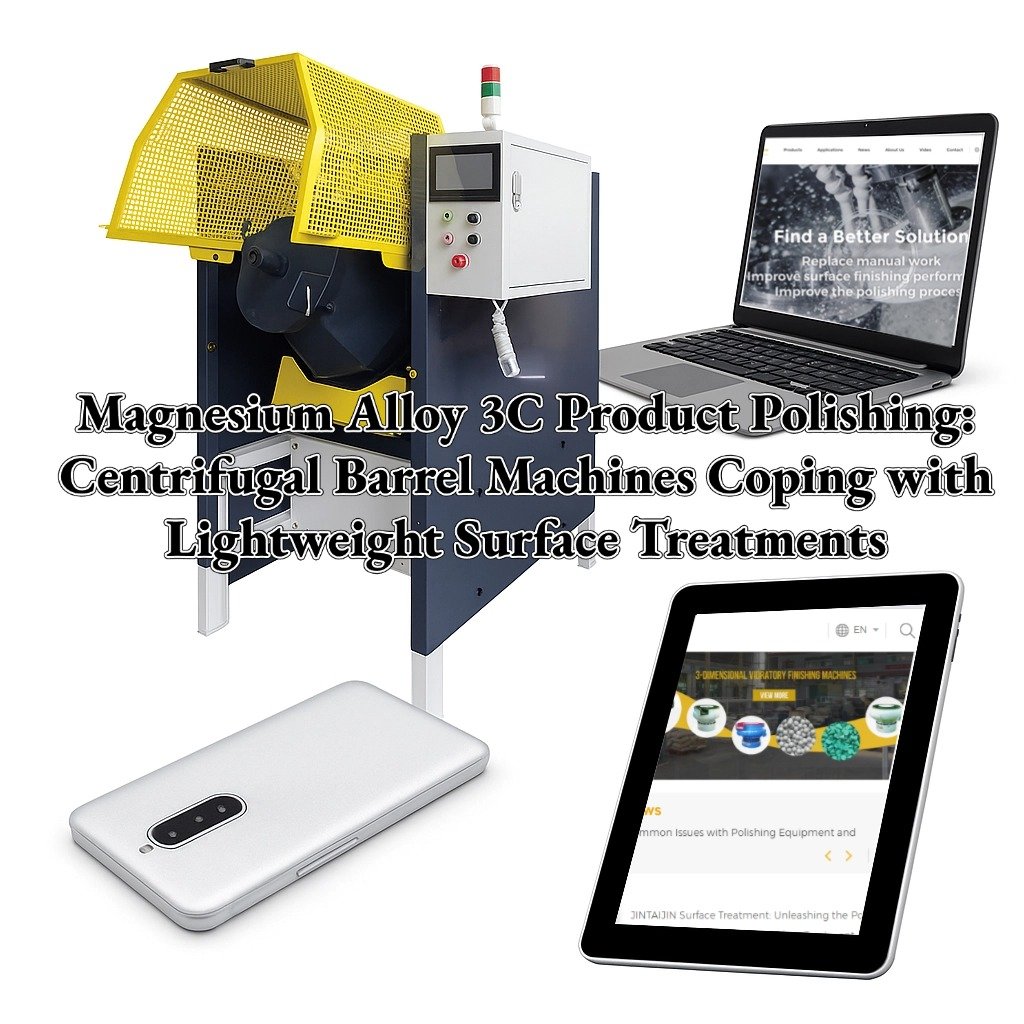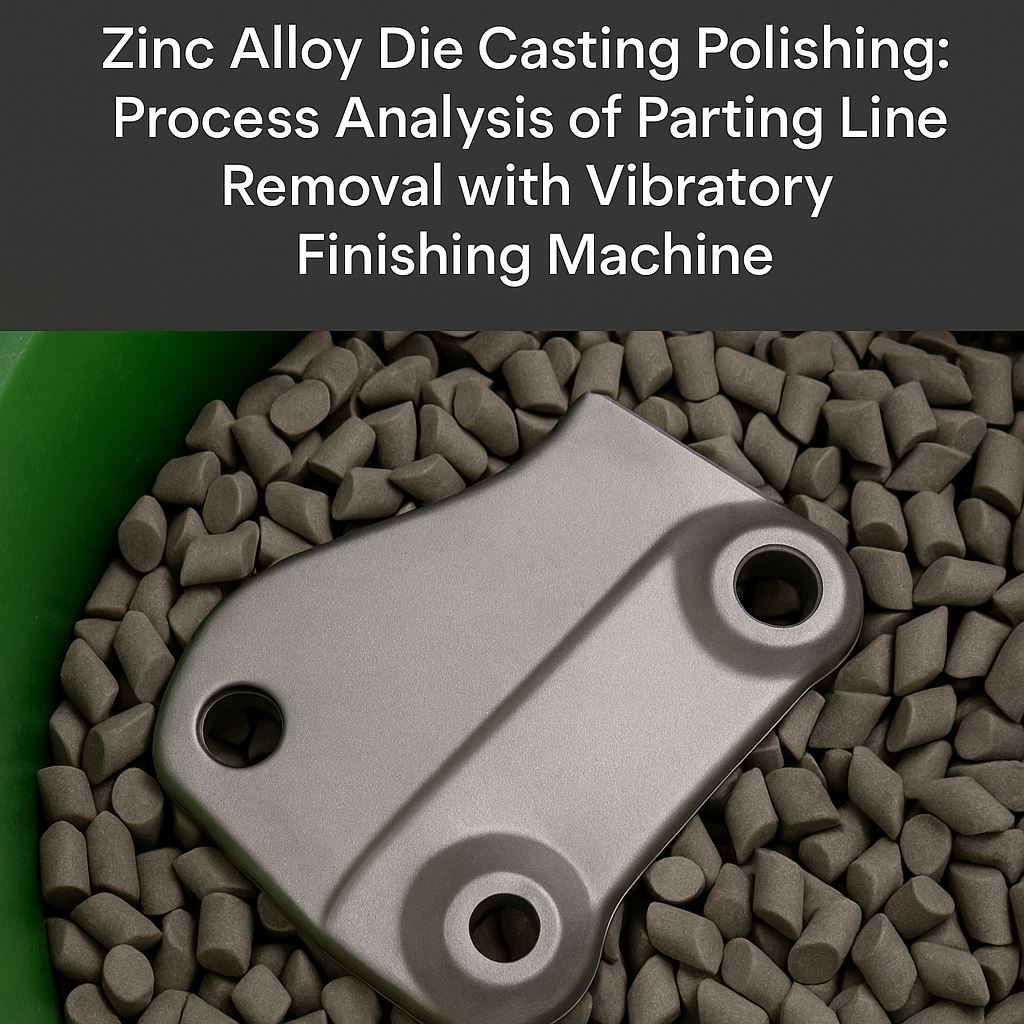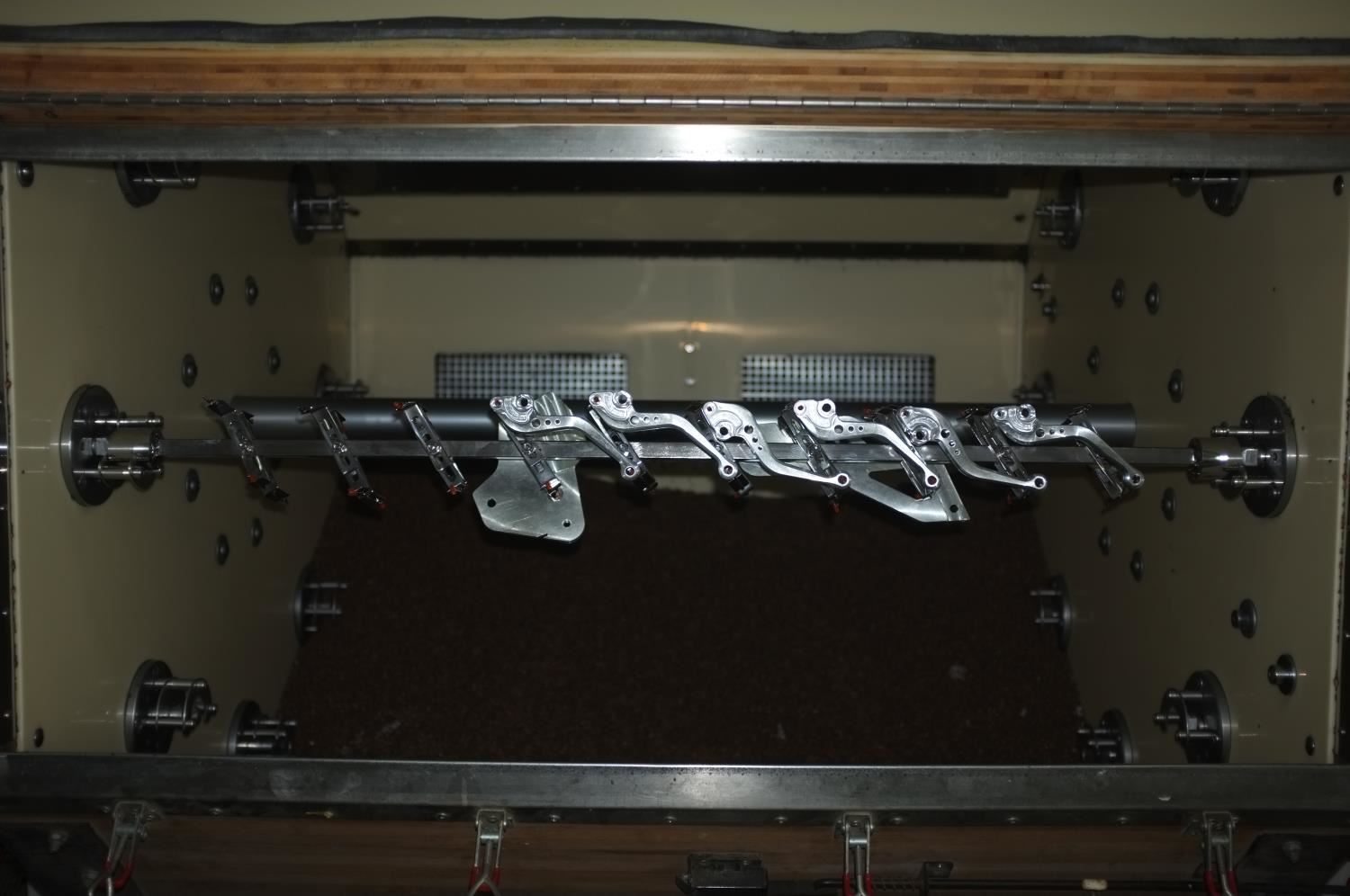Nitinol Medical Device Polishing: Magnetic Finishing Machine for Complex Structures of Memory Metals
July 01, 2025
Nitinol Medical Device Polishing: Magnetic Finishing Machine for Complex Structures of Memory Metals In the ever-evolving field of medical devices, the use of advanced materials is crucial for improving patient outcomes. Nitinol alloy, a shape-memory metal renowned for its biocompatibility, superelasticity, and corrosion resistance, has become a staple in modern medical device manufacturing. However, polishing nitinol medical devices, especially those with complex structures, poses unique challenges. This is where magnetic finishing machines come into play, offering an innovative solution for achieving high-quality surface finishes on nitinol alloys. The Rise of Nitinol in Medical Devices Nitinol, an alloy of nickel and titanium, has gained significant popularity in the medical industry due to its exceptional properties. Its shape-memory effect allows it to return to a pre-defined shape after deformation, making it ideal for applications such as stents, orthodontic wires, and surgical instruments. For example, nitinol stents can be compressed for insertion into blood vessels and then expand to their original shape to keep the vessels open, providing effective treatment for cardiovascular diseases. Moreover, nitinol's superelasticity enables it to undergo large elastic deformations without permanent damage, ensuring durability and reliability in medical applications. Its biocompatibility, which means it does not cause adverse reactions in the human body, makes it safe for long-term use in implants and other medical devices. Challenges in Polishing Nitinol Medical Devices Despite its numerous advantages, polishing nitinol medical devices is no easy feat. Many nitinol-based medical products feature intricate geometries and tiny channels, which are difficult to reach and polish uniformly using traditional methods. Manual polishing is time-consuming, labor-intensive, and prone to human error, often resulting in inconsistent surface finishes. Additionally, traditional mechanical polishing methods may cause surface damage or alter the material properties of nitinol, compromising the functionality and safety of the medical device. Another challenge lies in meeting the stringent medical device surface treatment standards, such as ASTM F86. These standards require medical devices to have a smooth surface to minimize the risk of bacterial adhesion, corrosion, and tissue irritation. Achieving such high standards while maintaining the integrity of the nitinol alloy's unique properties is a complex task. Introduction to Magnetic Finishing Machines Magnetic finishing machines have emerged as a game-changer in the field of nitinol medical device polishing. These machines utilize the power of magnetism to drive the polishing process. A magnetic finishing machine typically consists of a magnetic field generator, a working chamber, and magnetic abrasive particles. The magnetic abrasive particles are attracted and manipulated by the magnetic field, creating a highly...
View More
